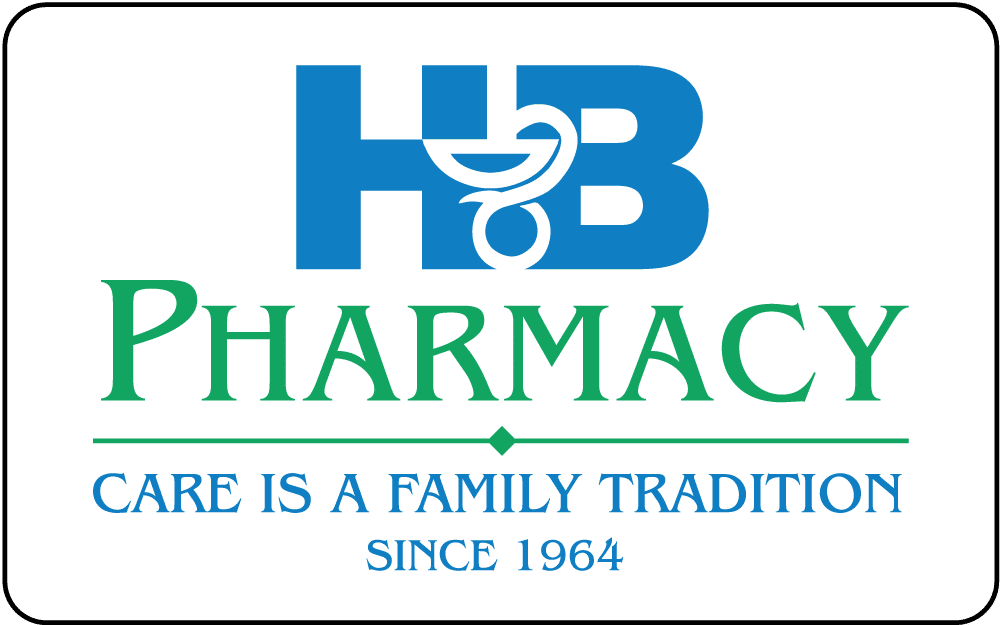Geriatric patients have unique healthcare requirements, and managing their medications is crucial for their well-being. Let’s explore the specific pharmacy needs of geriatric patients, emphasizing the considerations that healthcare professionals and caregivers should prioritize.
Medication Adherence: Supporting Compliance and Safety
Geriatric patients often manage multiple medications for various health conditions. Promoting medication adherence is essential to ensure they take their prescriptions correctly. Pharmacists play a vital role in counseling patients on proper medication usage, potential side effects, and drug interactions. Strategies such as simplifying medication regimens, utilizing pill organizers, and providing reminders can improve adherence and minimize the risk of errors.
Polypharmacy Management: Balancing Medication Regimens
Polypharmacy, the simultaneous use of multiple medications, is prevalent among geriatric patients. Managing polypharmacy involves regular review of medication lists to identify potential interactions, duplications, or unnecessary drugs. Collaborating with healthcare providers, pharmacists can optimize medication regimens, reduce side effects, and prevent adverse drug events.
Age-Related Physiological Changes: Tailoring Dosages and Formulations
Geriatric patients experience physiological changes that affect medication absorption, metabolism, and elimination. Pharmacists should consider these age-related changes when dispensing medications. Adjusting dosages, recommending alternative formulations (such as liquids or transdermal patches), and monitoring for potential drug interactions are crucial to ensure medication safety and efficacy.
Medication Reviews and Consultations: Ensuring Comprehensive Care
Regular medication reviews and consultations with pharmacists are vital for geriatric patients. These reviews help identify medication-related issues, optimize therapy, and address concerns or questions. Pharmacists provide valuable information about potential side effects, drug interactions, and proper medication use, promoting patient understanding and engagement in their healthcare.
Collaboration with Healthcare Providers: A Holistic Approach
Collaboration among pharmacists, physicians, and other healthcare providers is essential to meet the pharmacy needs of geriatric patients. This teamwork enables comprehensive medication management, coordinated care, and early identification of potential medication-related issues. Effective communication and information sharing among the healthcare team contribute to improved patient outcomes.
Meeting the pharmacy needs of geriatric patients requires a patient-centered and collaborative approach. Prioritizing medication adherence, managing polypharmacy, considering age-related physiological changes, conducting medication reviews, and fostering collaboration among healthcare providers are essential in providing optimal care for geriatric patients. By addressing these pharmacy needs, healthcare professionals can enhance medication safety, efficacy, and overall well-being for this vulnerable population.
